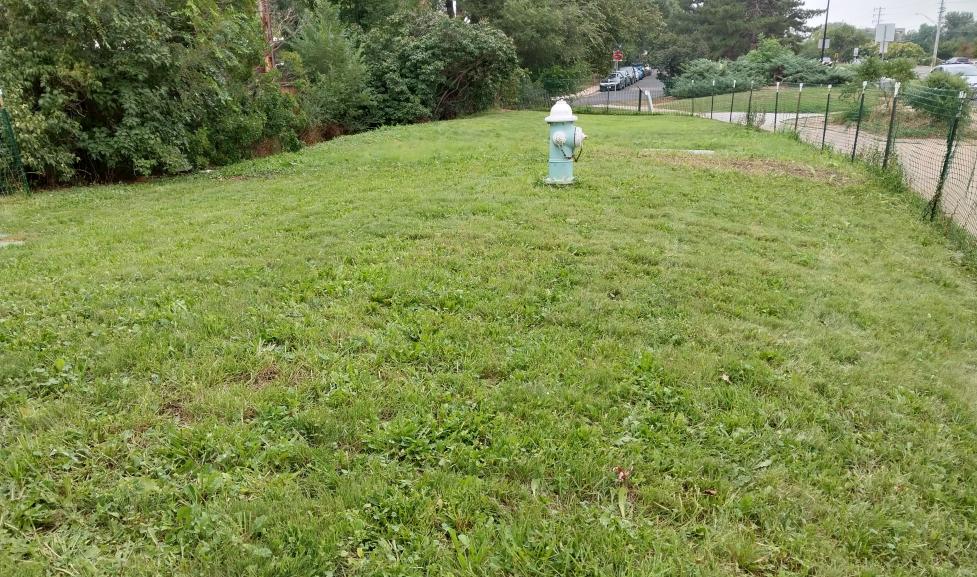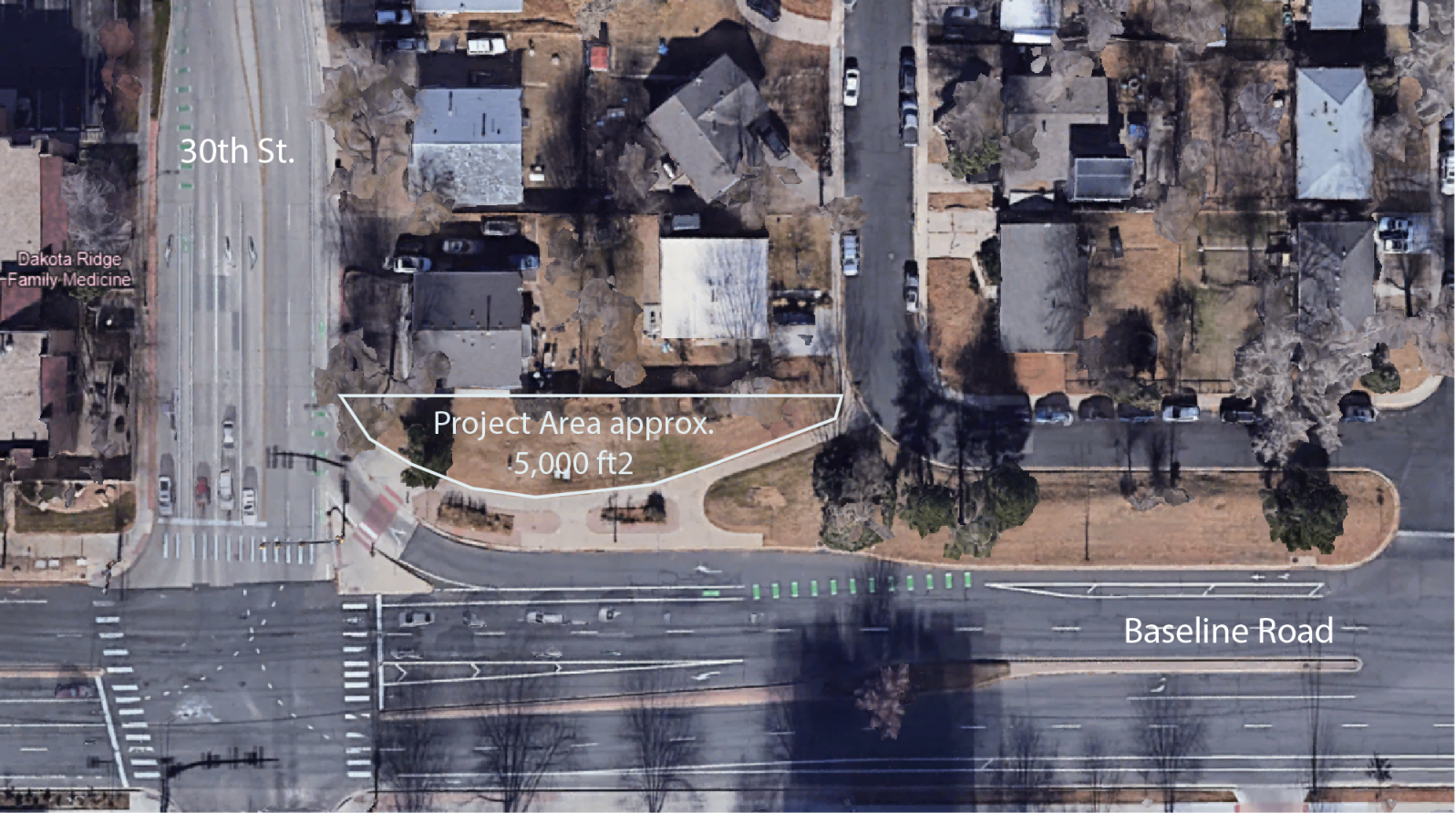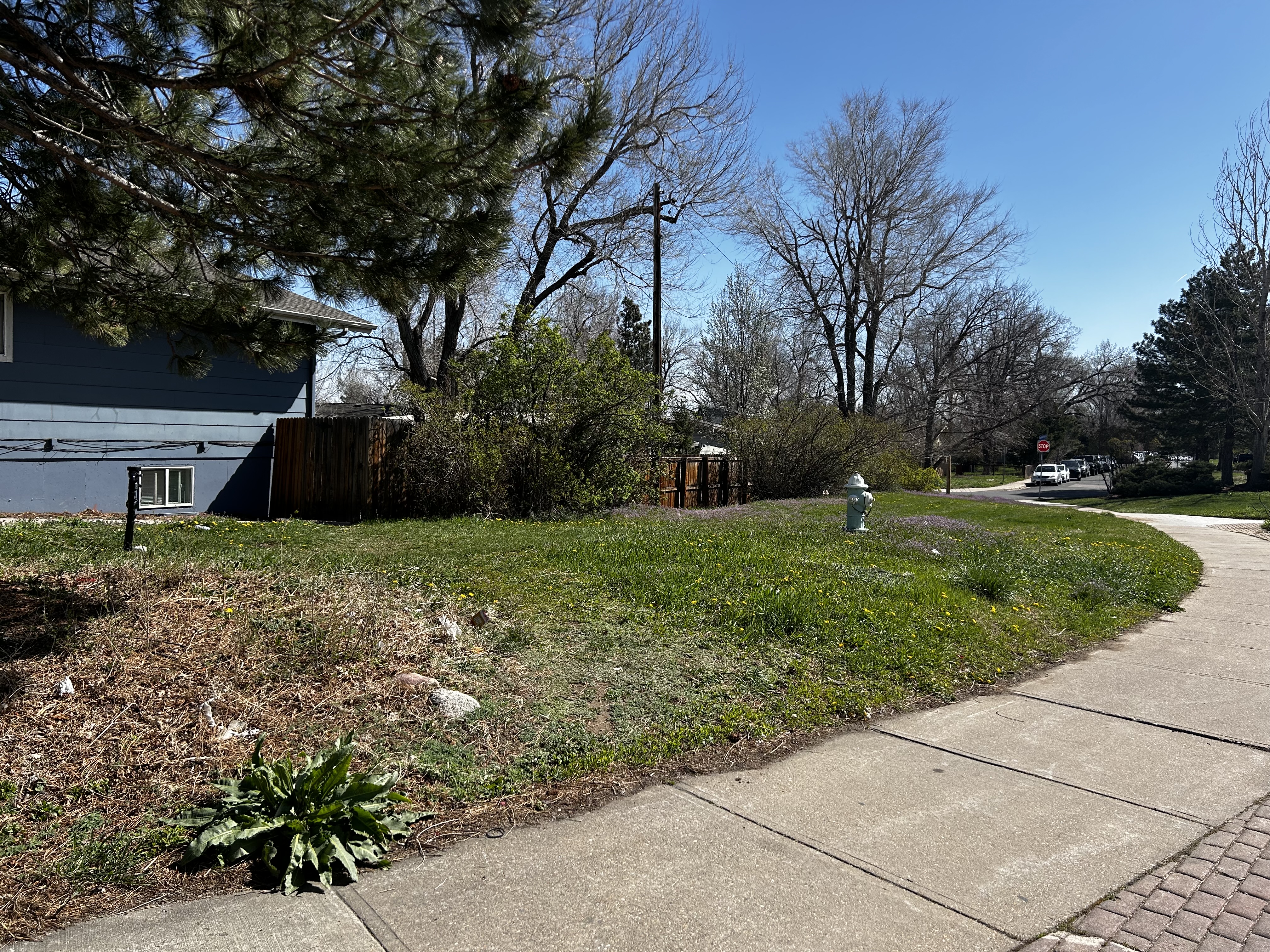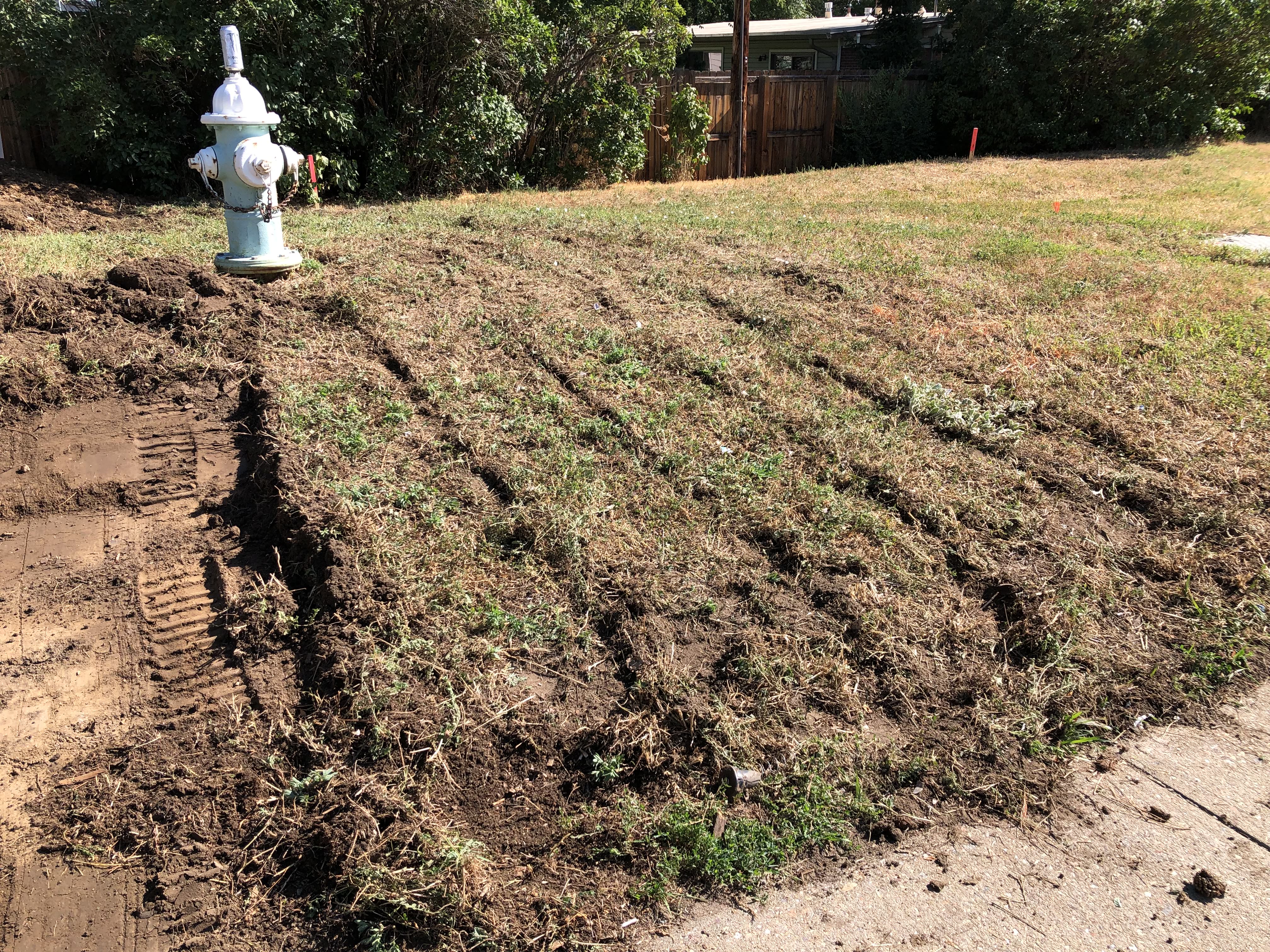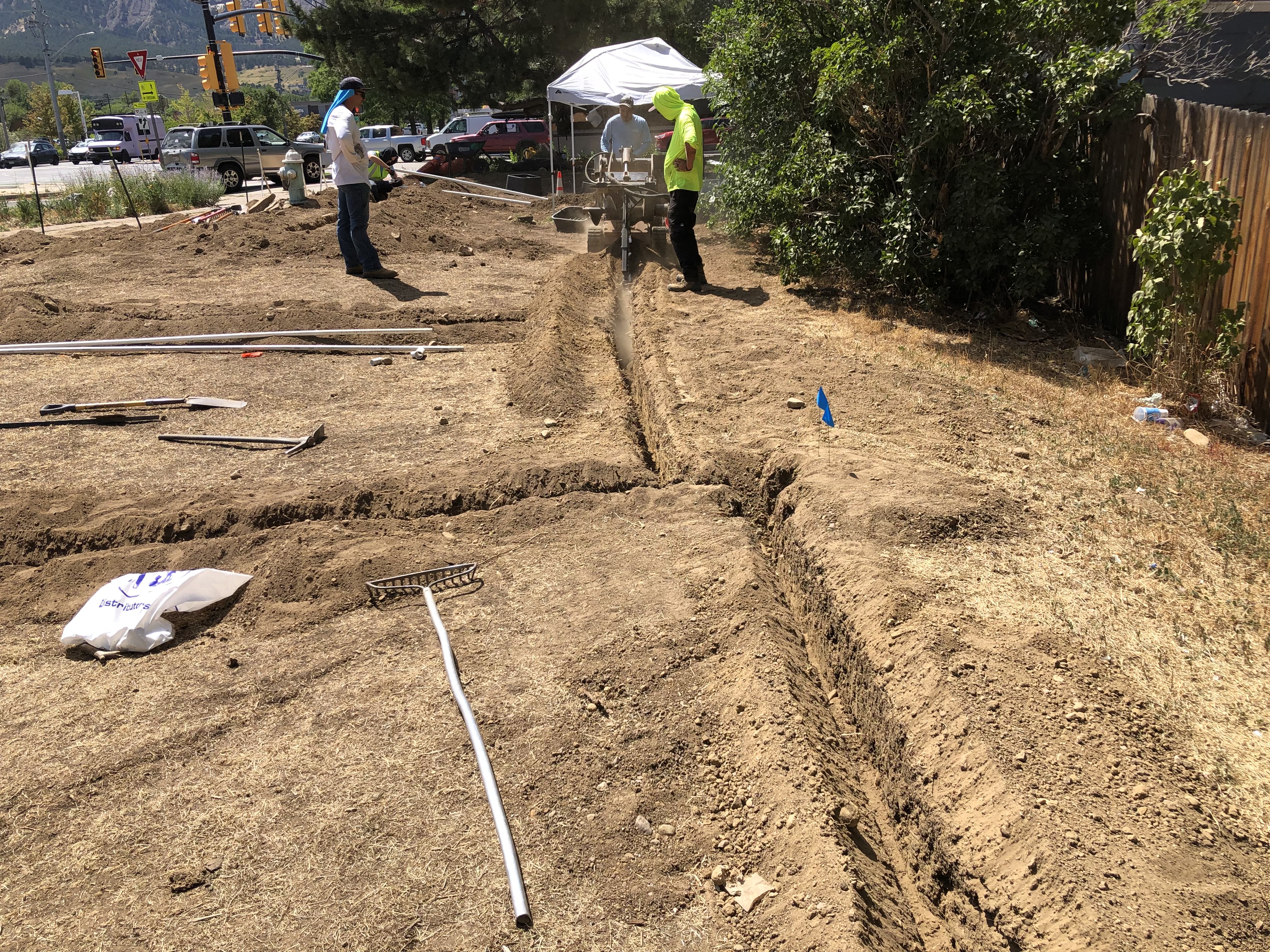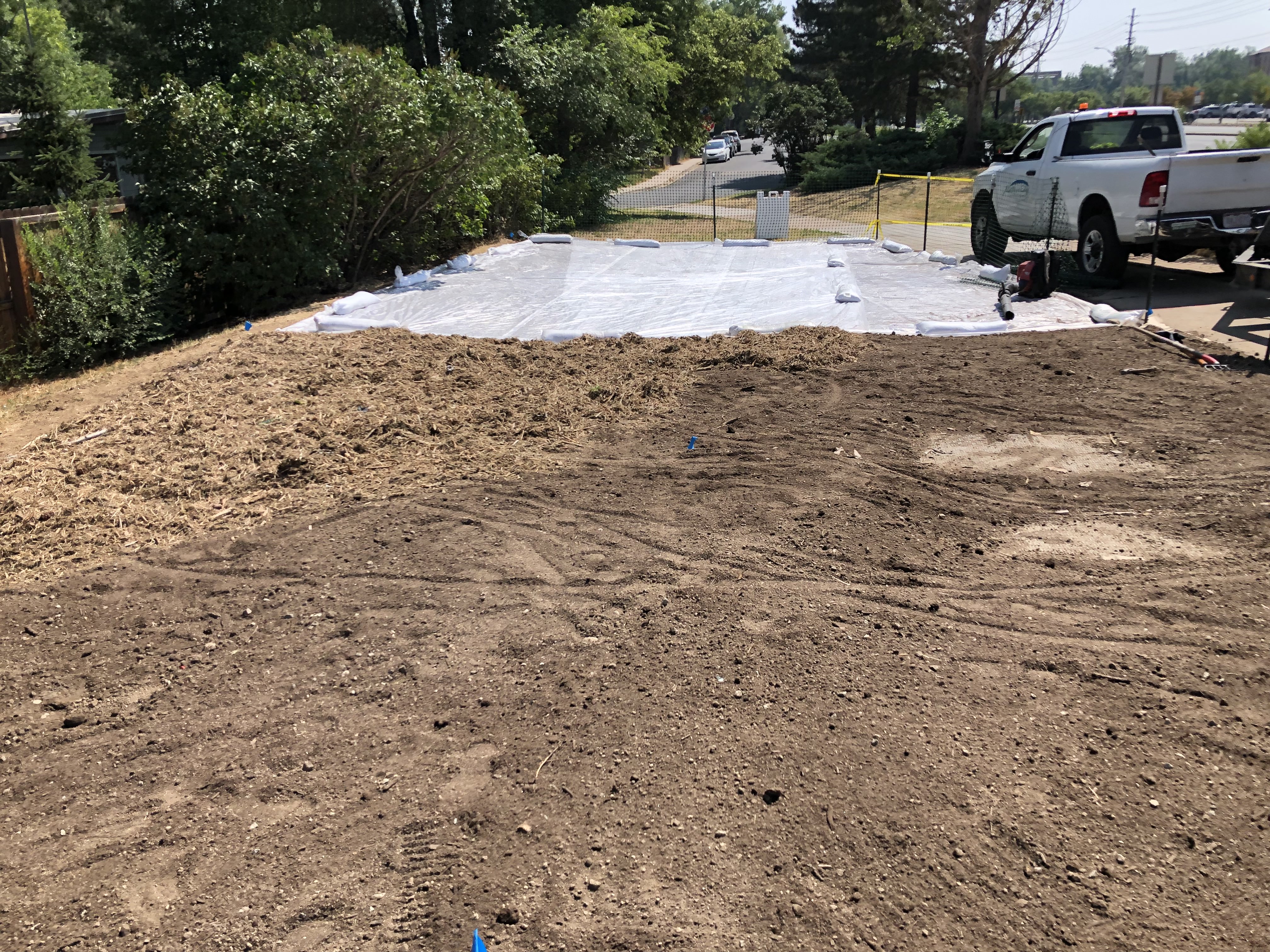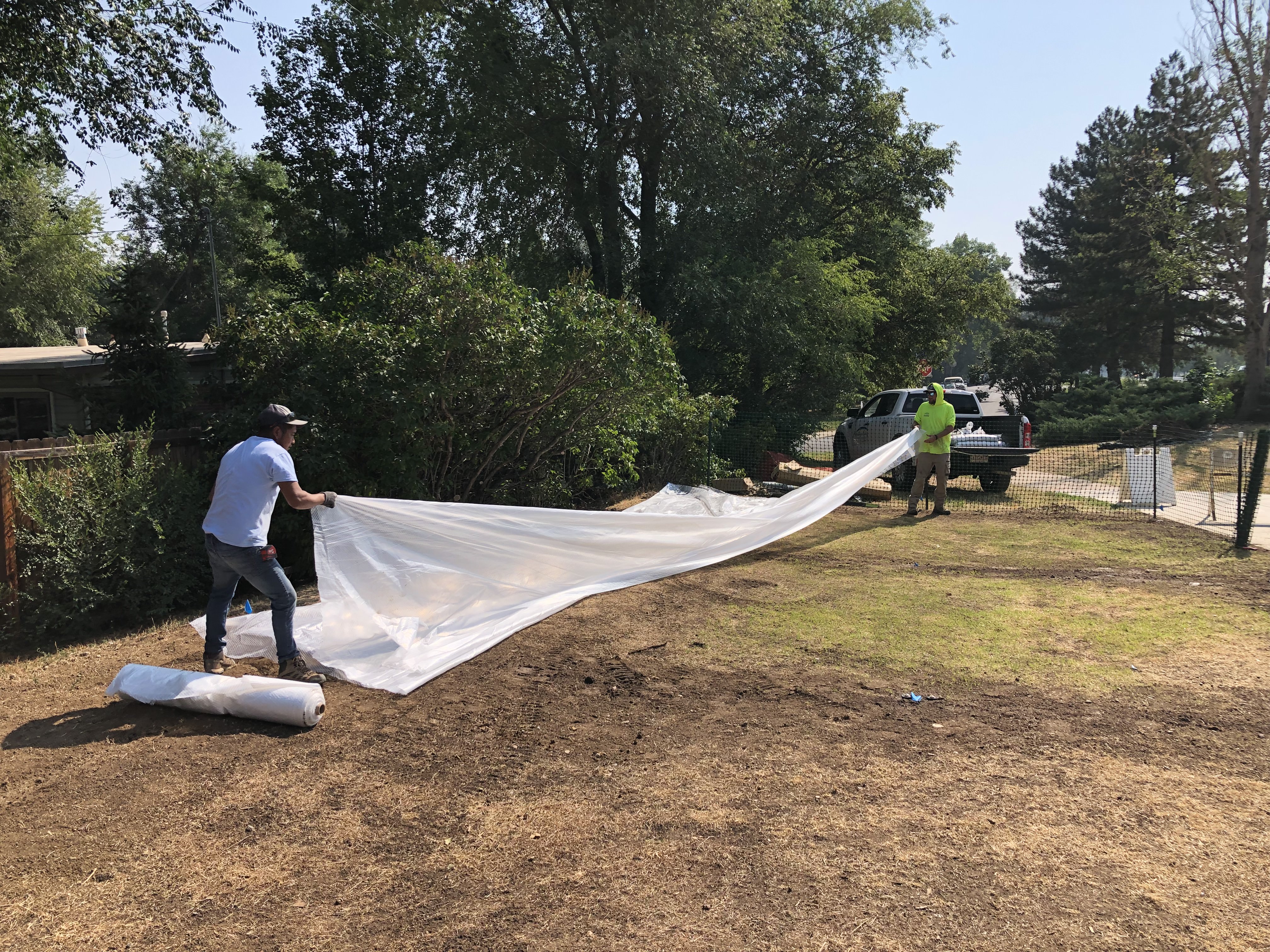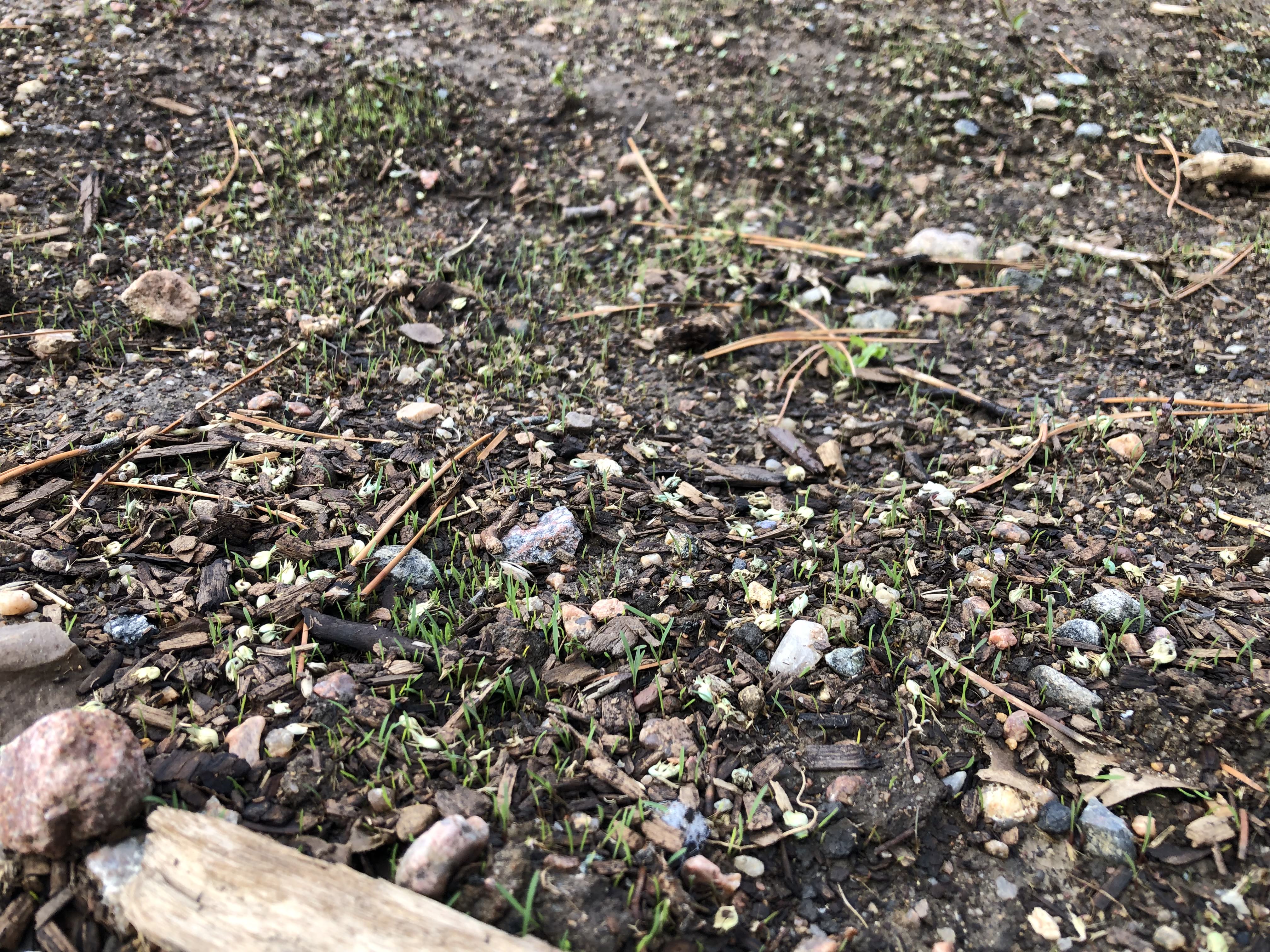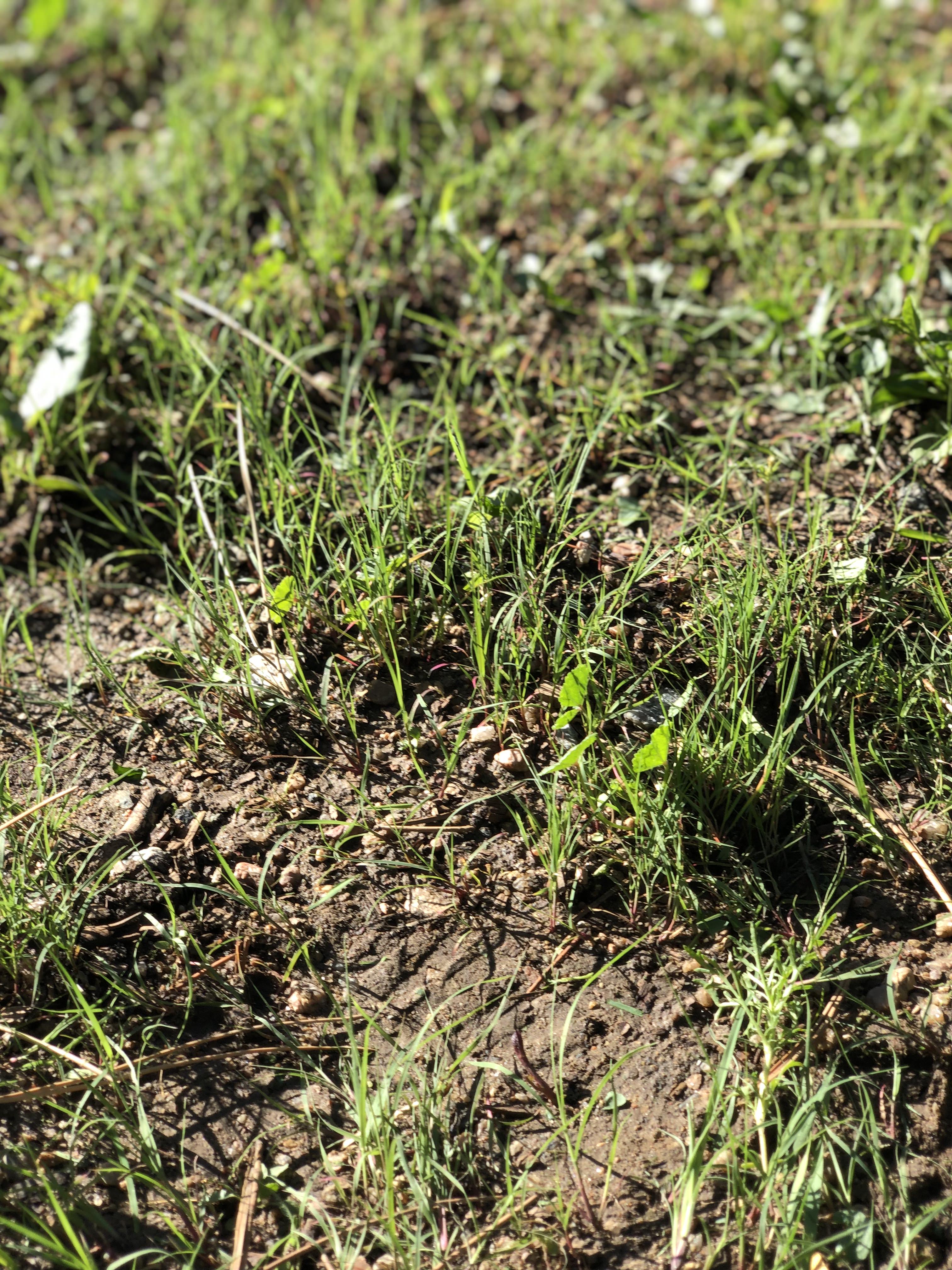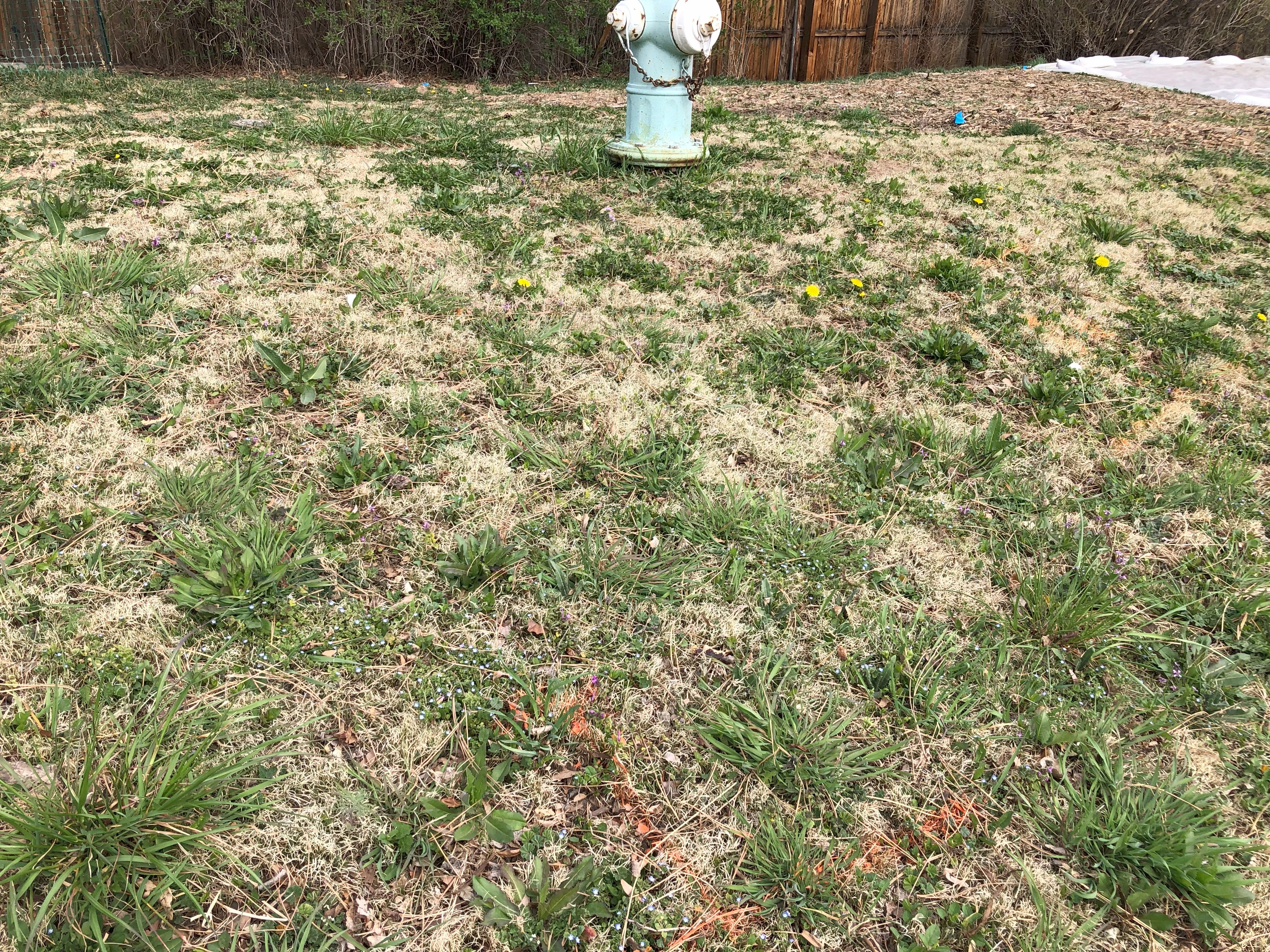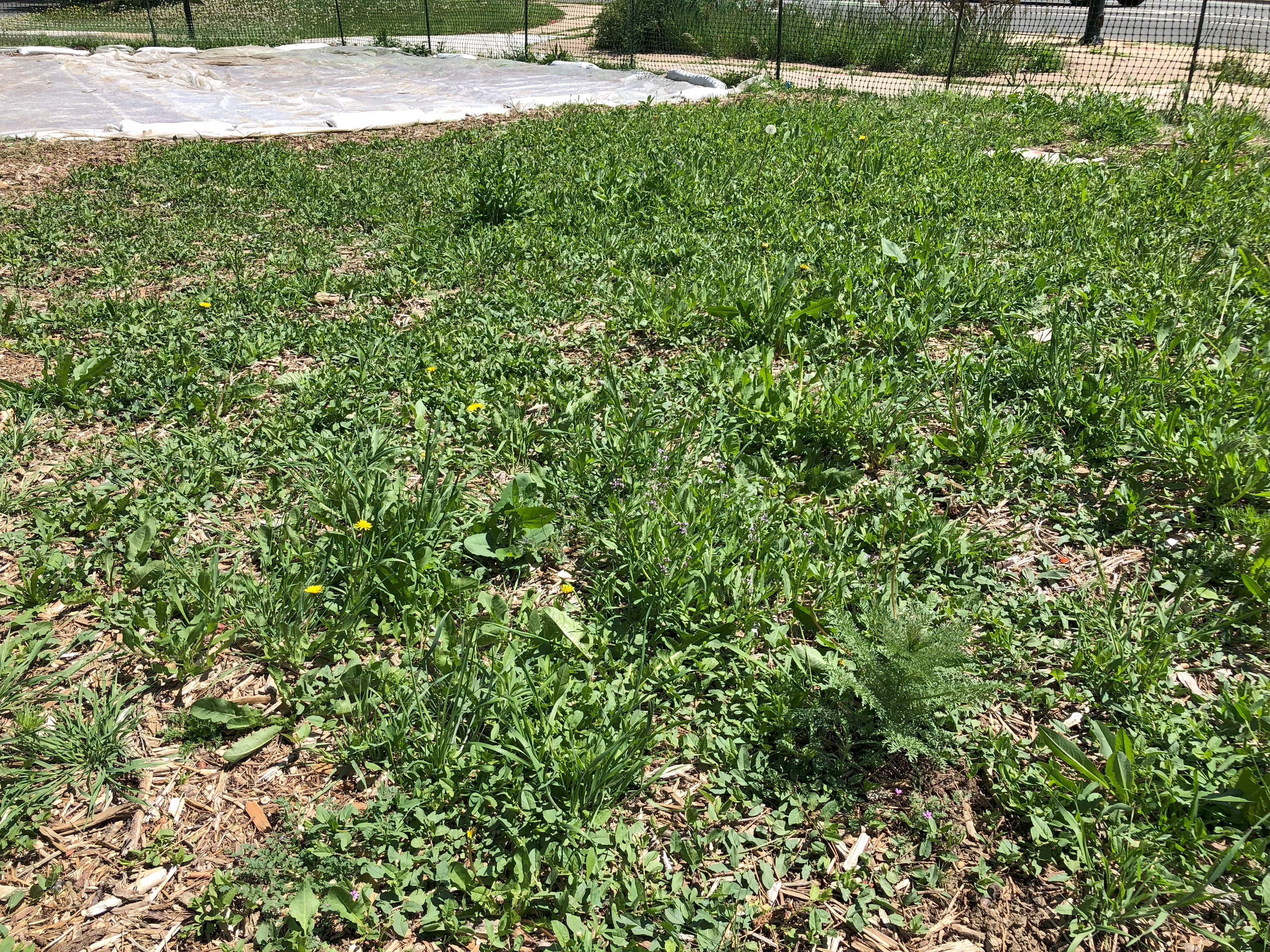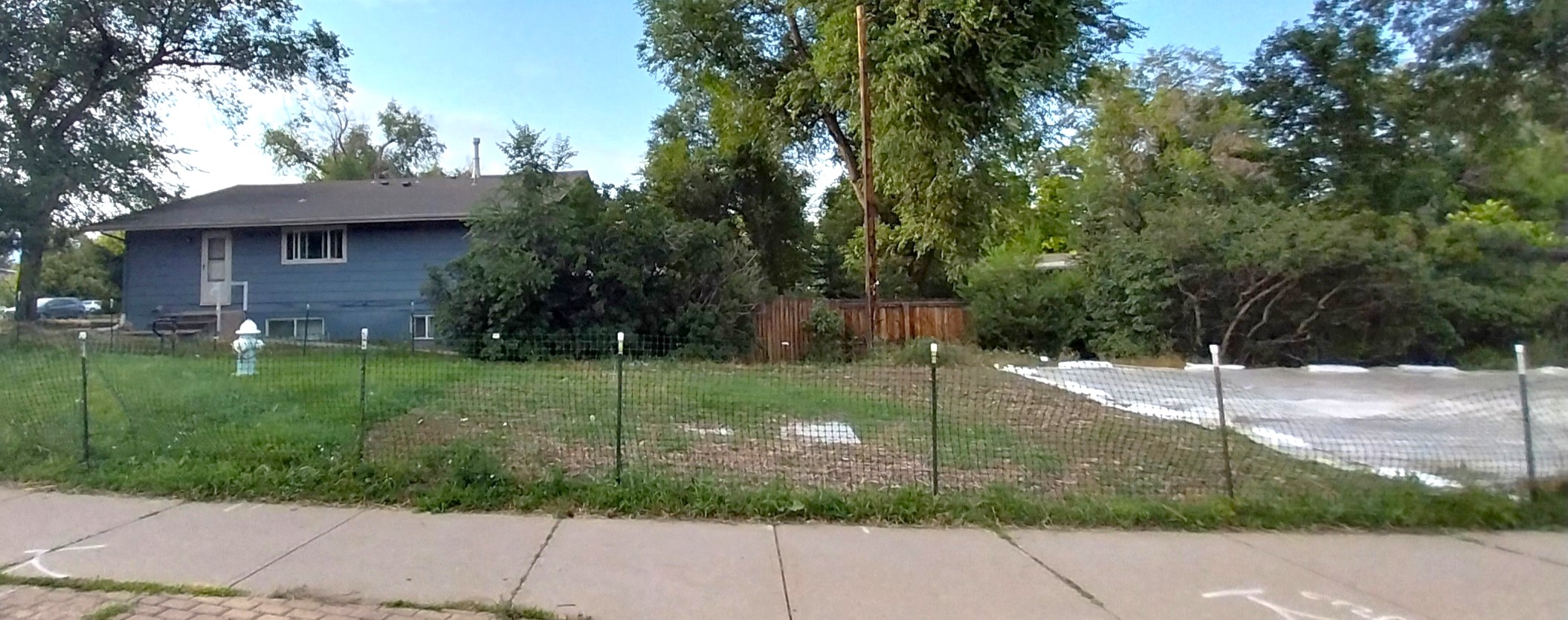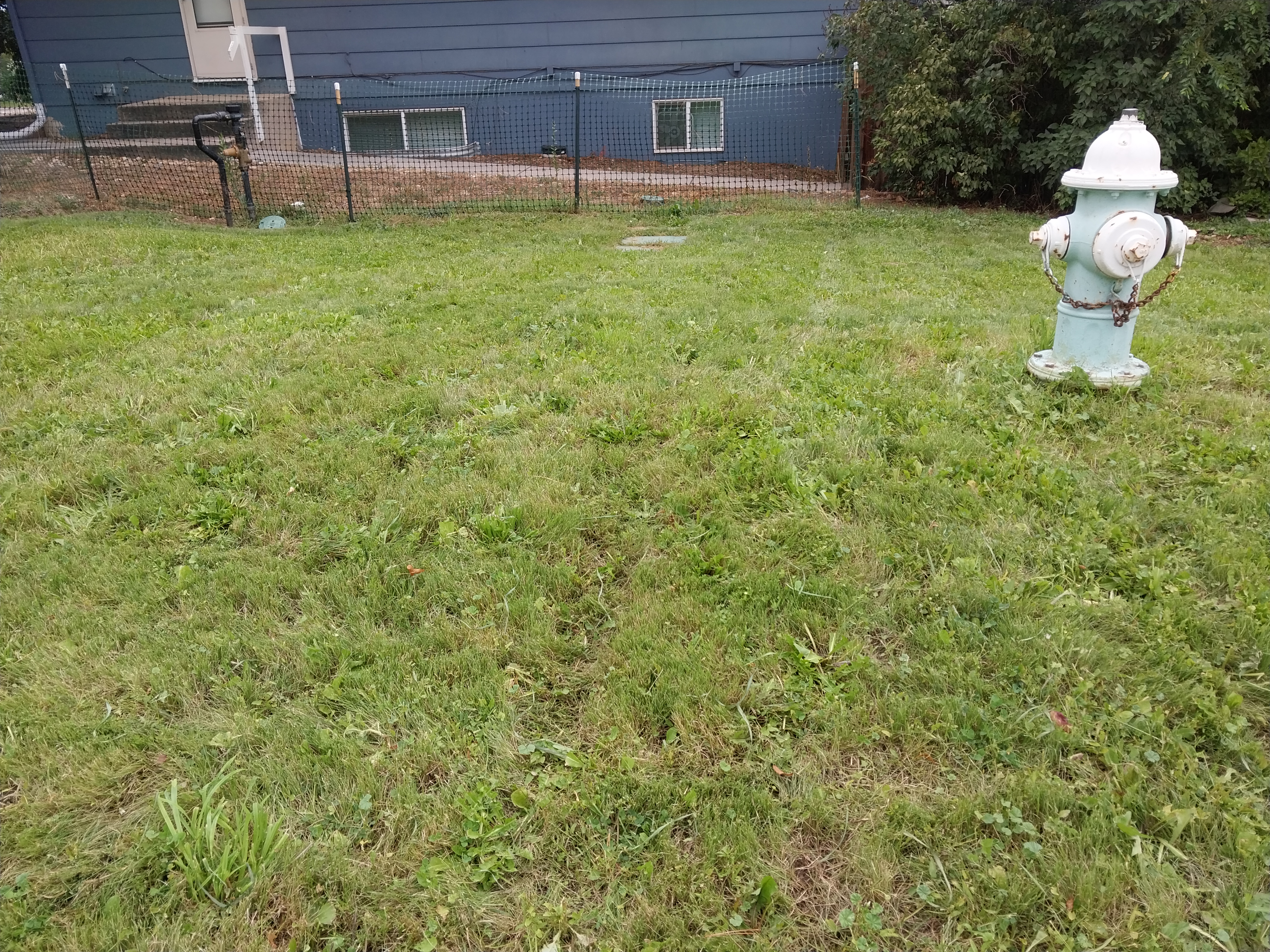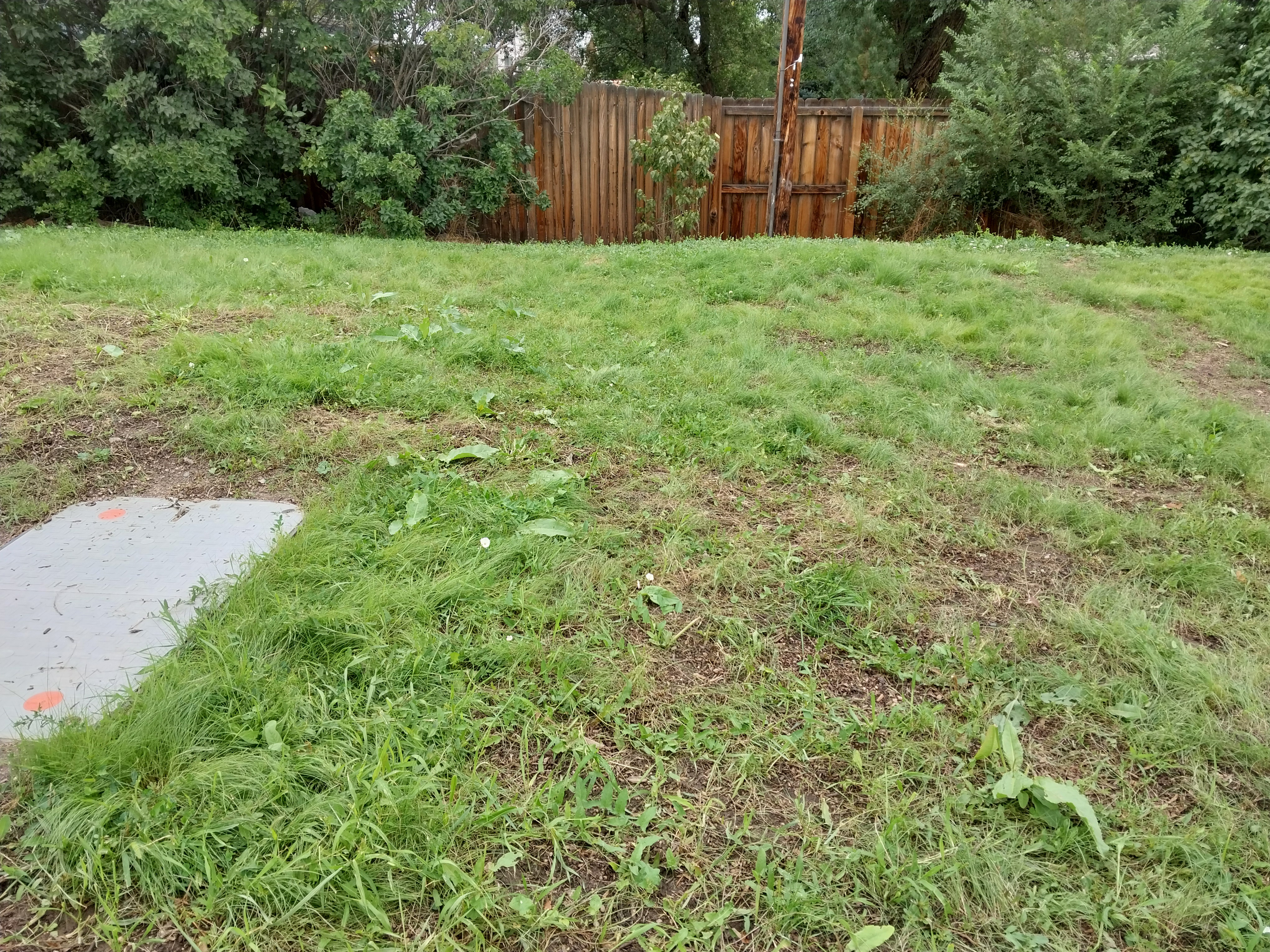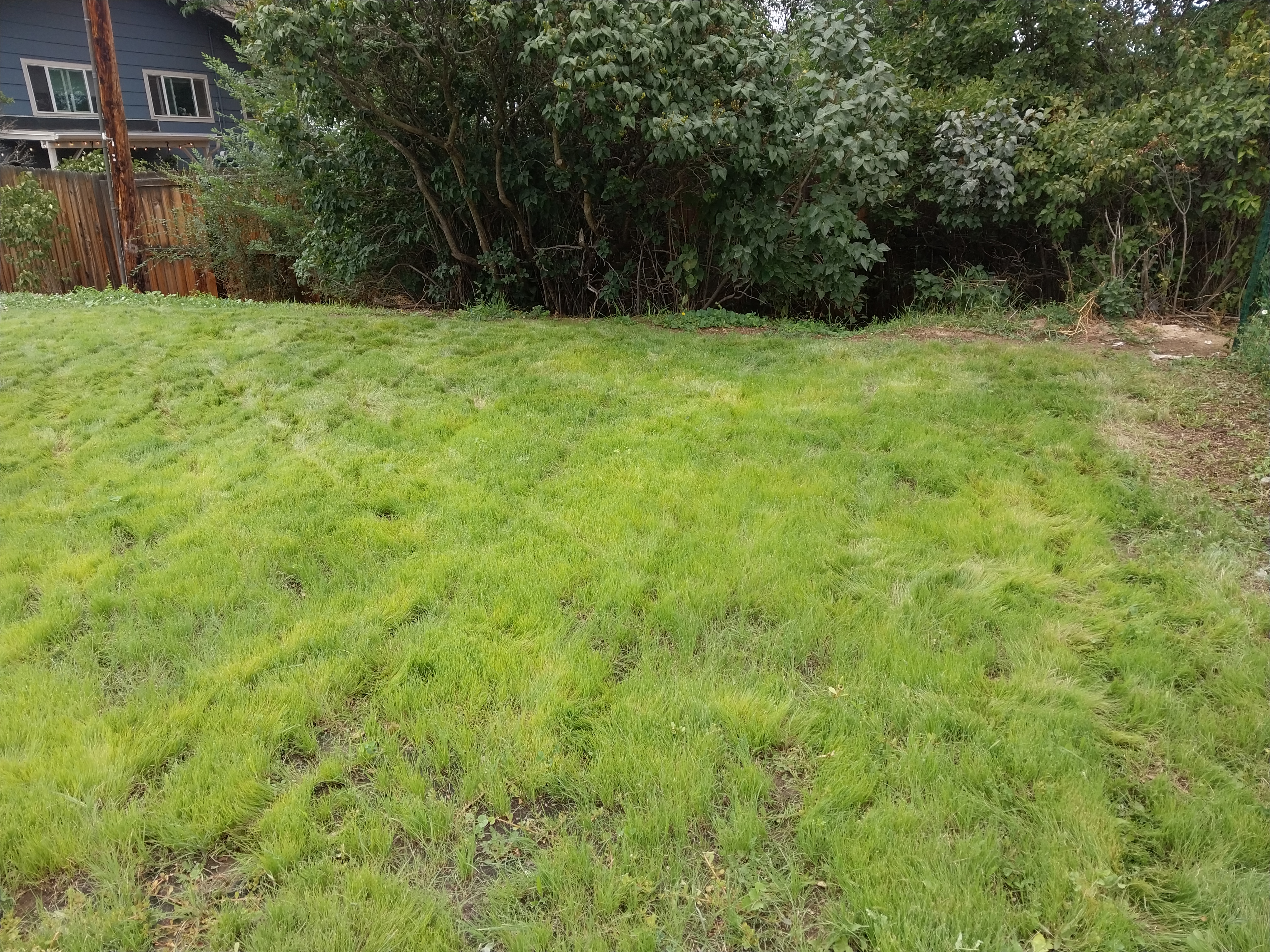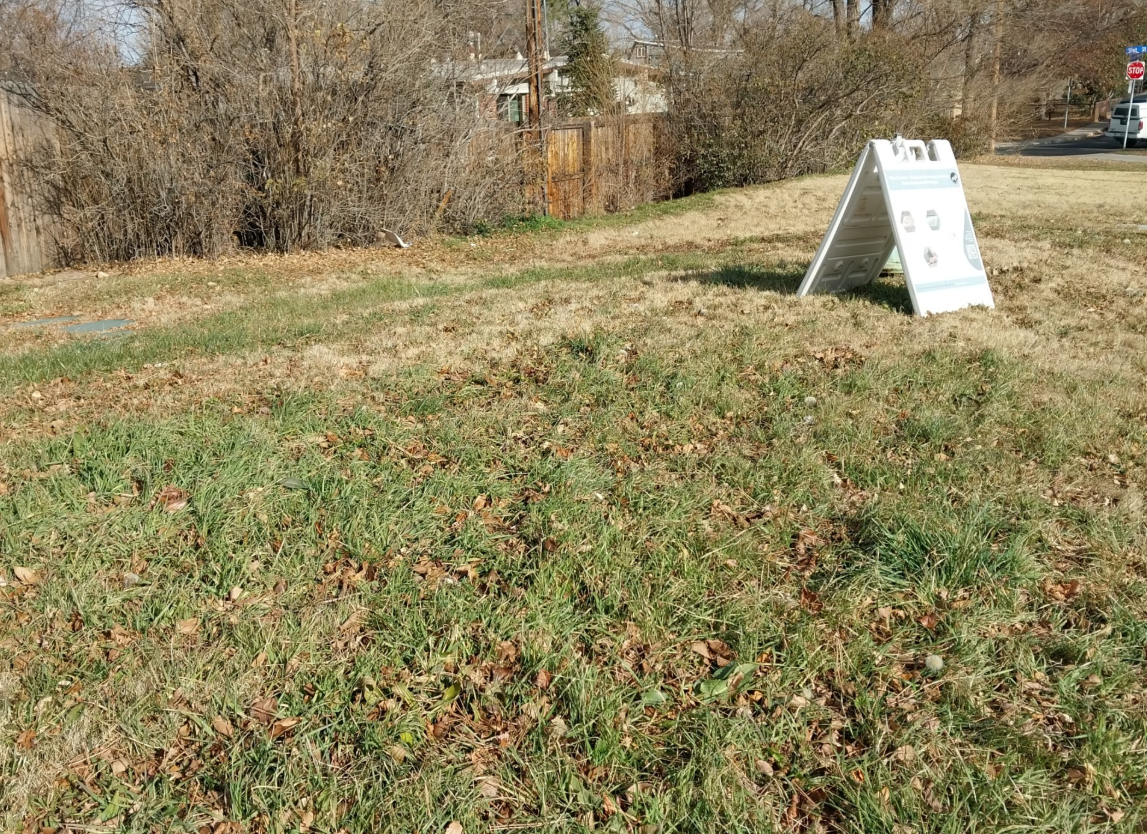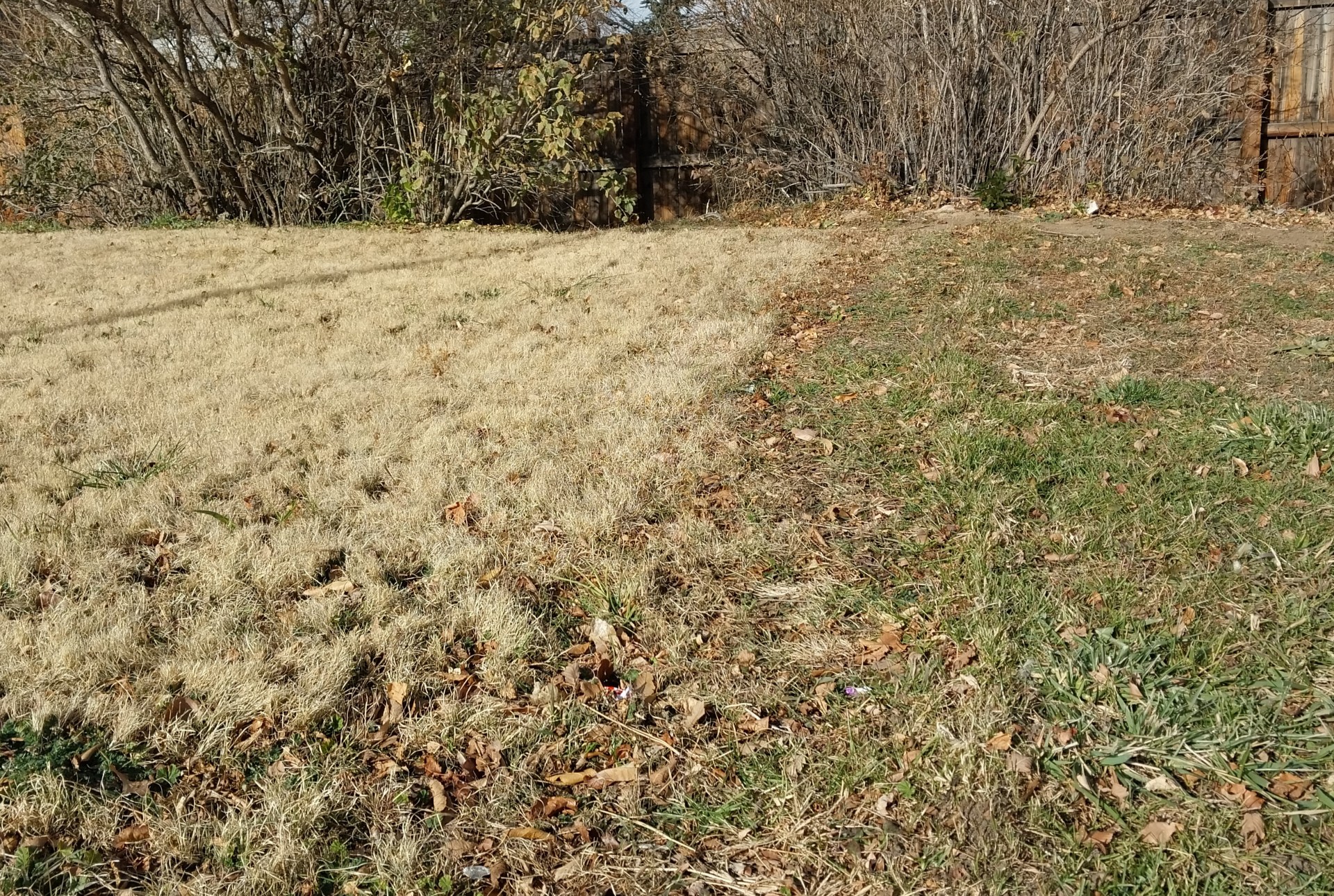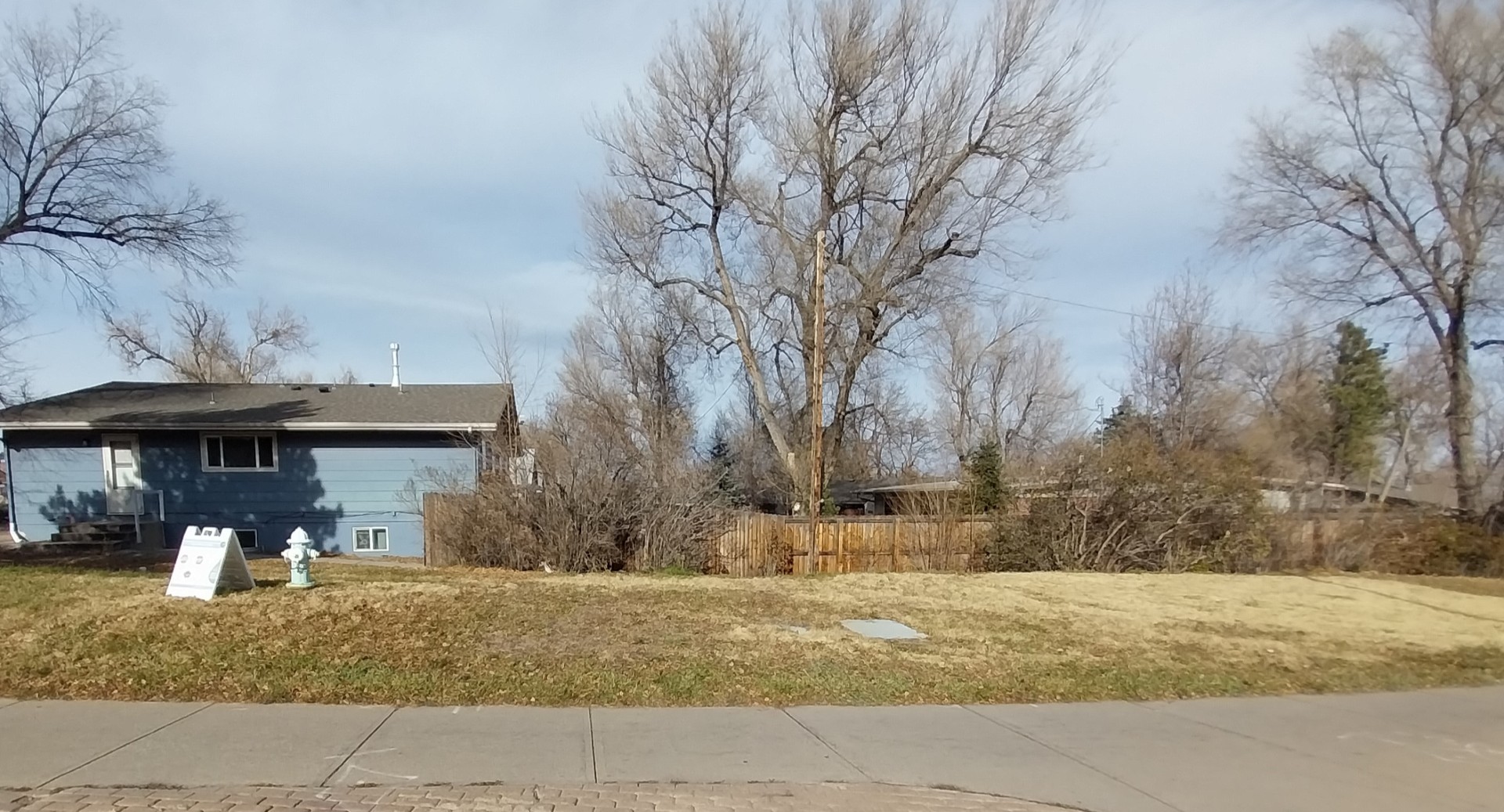Project Overview
Water is vital to our individual health, collective agricultural needs and ecosystems. Conserving water is a key part of the city’s goals, including through supporting community action toward responsible water stewardship and building local climate resilience.
This project will test three herbicide-free ways to replace Kentucky Bluegrass as our community’s interest grows in replacing nonnative plants with alternatives that are adapted to our local environment and the creatures that live here.
The project will result in a project scrapbook of what we learned, including tips for how to do your own eco-friendly grass conversion project.
